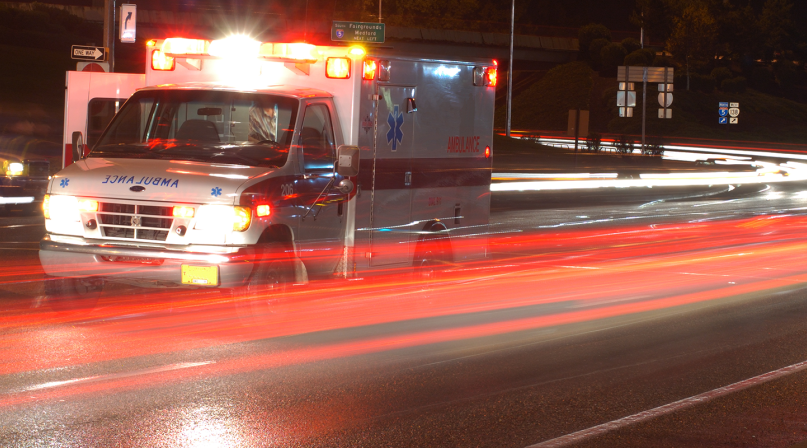Life-saving overdose drug available at deep discount
Upcoming Events
Related News

A nasal spray crucial in saving the lives of people in the middle of an opiate drug overdose will be available at 40 percent off.
Deaths from heroin overdoses have increased six-fold between 2001 and 2014, outpacing overdose deaths from cocaine, tranquilizers and prescription opioid pain killers in the same time period.
Local emergency rooms, rescue services and police are scrambling to keep up with the rash of overdoses. One of their prime weapons is the drug naloxone.
On Jan. 14 as the White House Office of National Drug Control Policy hosted a community forum on the opioid epidemic in Knox County, Tenn., state and local leaders announced an expansion of efforts to facilitate public agencies’ access to potentially lifesaving opioid withdrawal medication.
NACo Podcasts: Counties & National Drug Control Policy
NACo, the National Governors Association, National League of Cities and U.S. Conference of Mayors, with the U.S. Communities Government Purchasing Alliance and Premier, Inc., have reached an agreement with Adapt Pharma to offer Narcan Nasal Spray at a 40- percent discount, or $37.50 per dose ($75 for a 2-pack carton).
Narcan Nasal Spray, is the only FDA-approved, ready-to-use nasal spray version of naloxone hydrochloride, a life-saving medication that can stop or reverse the effects of an opioid overdose.
“Medication-assisted opioid treatment can mean the difference between life and death,” said NACo President Sallie Clark, commissioner, El Paso County, Colo. “We see the devastating effects of prescription drug abuse and heroin use because counties are at the intersection of the local health, justice and public safety systems. We welcome this public-private partnership to support our response to this national crisis.”
As part of its Safe and Secure Counties Initiative, NACo is working with state associations of counties to develop policy recommendations and promote promising practices to address the opioid epidemic plaguing communities.
The White House National Drug Policy Control Director Michael Botticelli praised the agreement between Adapt Pharma and the U.S. Communities Government Purchasing Alliance.
“The Administration has made it a top priority to expand access to the overdose reversal drug naloxone and medication-assisted treatment because we have lost too many of our family members and friends to the opioid epidemic. This public-private partnership to secure discounts for state and local agencies can help ensure that these life-saving medications are available wherever they are needed.”
For more information about Narcan Nasal Spray, click here.
Attachments
Related News

Drug tracking software helps counties identify trends, save lives
Florida counties are using an artificial intelligence tool called Drug TRAC to track and report drug trends, with the aim of providing quicker outreach and saving lives.

White House Executive Order establishes national substance use disorder response
On January 29, the White House issued an Executive Order (EO) establishing the Great American Recovery Initiative, a new federal effort aimed at coordinating a national response to substance use disorder (SUD).

USDA and HHS release new dietary guidelines
On January 7, U.S. Department of Agriculture Secretary Brooke Rollins and U.S. Department of Health and Human Services Secretary Robert F. Kennedy, Jr. unveiled the new Dietary Guidelines for Americans, 2025–2030.